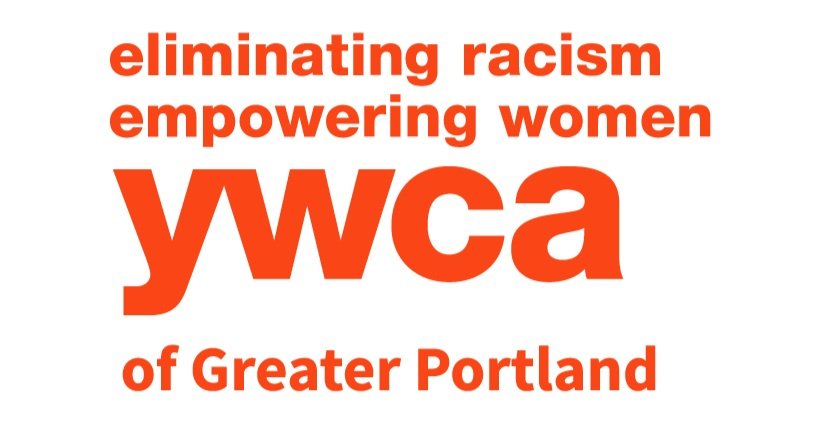COURSE DESCRIPTION
The development of vicarious resilience is highly useful in combating vicarious trauma. Vicarious trauma is an ongoing process of change over time that results from witnessing or hearing about other people's suffering and need. Vicarious resilience is a process of positive transformation and empowerment obtained through witnessing the strengths and abilities of people who can overcome adversity. Resilience is the process of adapting well in the face of adversity and trauma, Resilience is not a trait that people either have or do not have. It involves behaviors, thoughts, and actions that can be learned and developed in anyone. We will learn to identify symptoms of vicarious trauma and explore strategies for building resilience. Some of the positive effects of vicarious resilience include an increased capacity for empathy, compassion, and well-being, in addition to an enhanced motivation for and commitment to engaging in social activism.
LOCATION
Online via Zoom
PRICING AND REGISTRATION
For any questions regarding registration, our sliding scale, work-trade opportunities or accessibility needs, please contact Shay Braden at sjp@ywcapdx.org or (971) 358-6227.
ACCESSIBILITY
This class will be held online via Zoom. Please contact us to let us know if you need specific accommodations.
VIRTUAL CLASSROOM TIPS
Thanks for joining us online! Here are some suggestions for getting the most out of this workshop:
Mute your microphone. To help keep background noise to a minimum, make sure you mute your microphone when you are not speaking. When your microphone is not muted, avoid activities that could create additional noise.
Engage with the class. These are intended to be workshops, not webinars! Please come ready to engage and participate, and help build community within the “classroom.” Not everyone is able to participate via webcam, but if you are able, we ask that you do so as much as possible.
Limit distractions and avoid multi-tasking. You can make it easier to focus on the meeting by turning off notifications, closing or minimizing running apps, and muting your smartphone. You’ll retain the discussion better if you refrain from replying to emails or test messages during the meeting and wait until after the workshop ends.
Help us improve our program! Each workshop will have a brief survey sent out. All results are anonymous and help us continuously improve our program.
Take notes. Our facilitators’ own their presentation material so it is not a requirement for the presentation to be shared afterwards.
Need an accommodation? Email us so we can create an ideal learning environment for you. sjp@ywcapdx.org
GROUP PARTICIPATION FRAMEWORK & AGREEMENTS
While guidelines and expectations will vary from workshop to workshop, most of these apply to a typical workshop session:
One speaker at a time. When one person talks, everyone else listens.
Community wisdom. Nobody knows everything, together we know a lot.
Take space & give space. Be mindful of how much you’re participating in the discussion.
Intent vs. impact. Before sharing, consider how what you say will affect others in the group.
Confidentiality. Details shared in the class stay in the class, but what’s learned goes with you.
Active participation. In this environment, it’s better to be open and imperfect than worry too much about being overly articulate.
Embrace discomfort and expect non-closure. Learning and growth can be stressful, do your best to hold space for those feelings.
PRESENTER
Presented by Debbie Elias
Debbie has extensive experience working with survivors of sexual and domestic violence as a highly skilled advocate, community educator and support group facilitator. Her passion for social change has been a motivating force throughout her life. She is a first-generation Lebanese immigrant, with a culturally diverse upbringing and years of living, working and traveling in various parts of the world. For self-care she enjoys Tai Chi, gardening and lots of laughter!
Contact Us
Email: Shay at shayb@ywcapdx.org
Phone: (503) 294-7395

